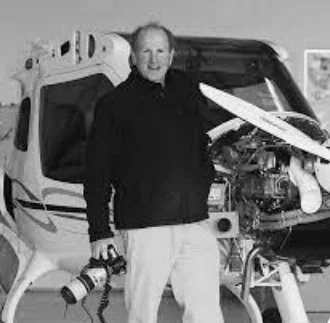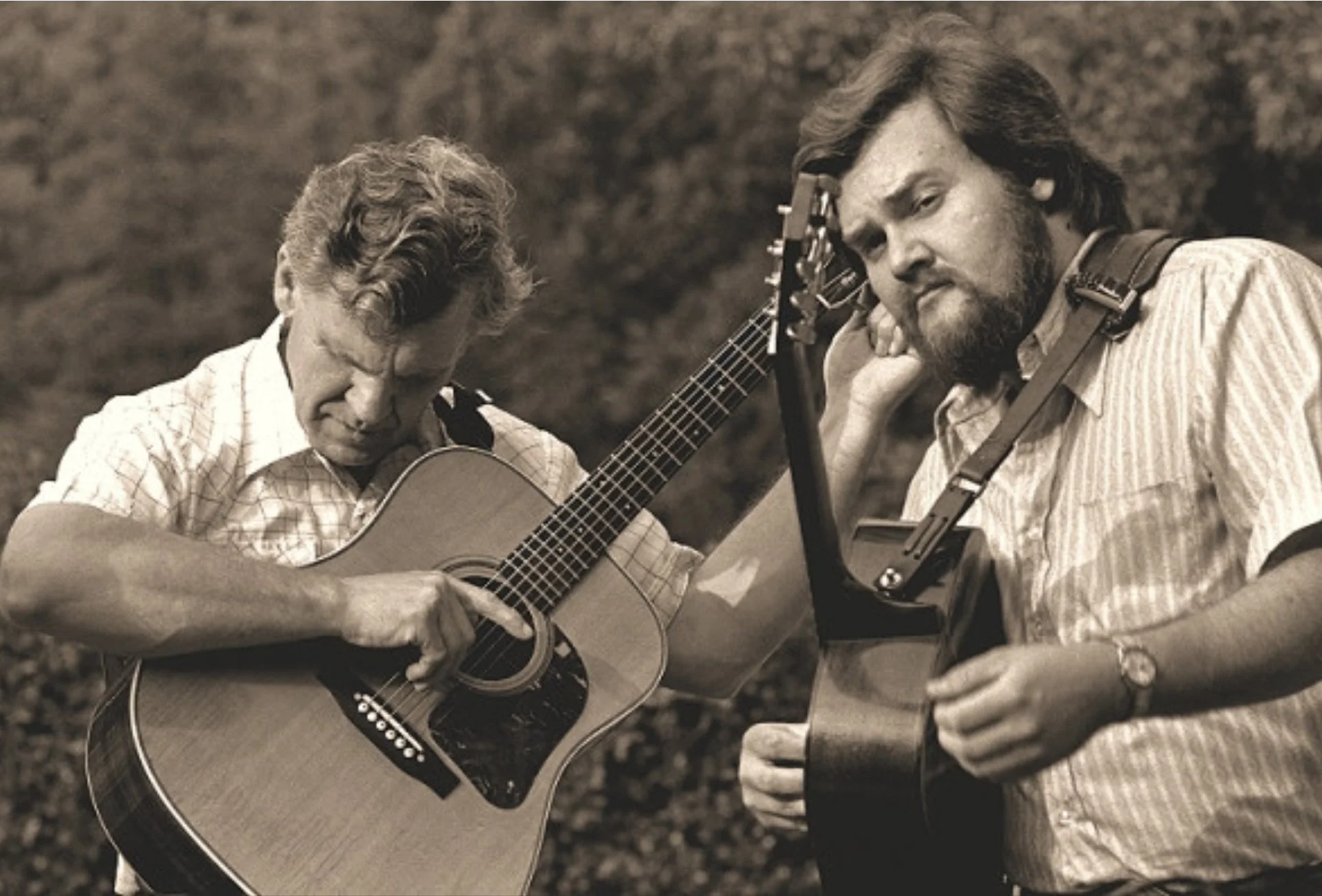A brandy new lp/ep single from Duluth, MN. expert Charlie Parr
former Poet Laureate Billy Collns
“Sirens
by Billy Collins
Not those women who lure sailors
onto a reef with their singing and their tresses,
but the screams of an ambulance
bearing the sick, the injured, and the dying
across the rational grid of the city.
We get so used to the sound
it’s just another sharp in the city’s tune.
Yet it’s one thing to stop on a sidewalk
with other pedestrians to watch one
flashing and speeding down an avenue
while a child on a corner covers her ears
and a shopkeeper appears in a doorway,
but another thing when one gets stuck
in traffic and seems to be crying for its mother
who has fled to another country.
Everyone keeps walking along then,
eyes cast down—for after all,
there’s nothing we can do,
and today we are not the one peering
up at the face of an angel dressed in scrubs.
Some of us are late for appointments
a few blocks away, while others
have the day off and take their time
angling across a broad, leafy avenue
before being engulfed by the green of a park.
”
Martin Luther, Reformation Rebel Theologian
He was also a devoted husband who once wrote: “There is no more lovely, friendly, and charming relationship, communion, or company than a good marriage.” Luther met Katharina von Bora in 1523, when she came under his protection in Wittenberg. She was a former nun who had escaped her Cistercian cloister by hiding in a grocer’s covered wagon. The Reformation was in its infancy, and people were still shocked when former nuns, monks, and priests got married. Many of Luther’s friends were scandalized when he told them he was thinking of marrying von Bora, but eventually he decided that his marriage would “please his father, rile the pope, cause the angels to laugh and the devil to weep.”
The newlyweds moved into a former monastery that was called “the Black Cloister.” Kate had the building painted white, and remodeled it to allow for more spacious rooms. She also took over the family finances. Luther made a relatively modest income, so she helped out by brewing beer and raising cows, chickens, geese, pigs, and bees. To supplement their income, she took in boarders. She also saw to it that Luther took care of himself, making sure he ate regularly and dressed properly.
Together they had six children of their own, and also at one point took in Luther’s six nephews and nieces. By all accounts, their home was a lively and happy place. They played lawn bowling together, made music and sang, and often hosted Luther’s students and colleagues for dinner.
Chicago guitarist Ryley Walker. The song below goes with the Martin Luther and his wife story somehow. And yes it comes from the record “Golden Sings That Have Been Sung.”
The tracks of racing cars on ice from above
B-52 graveyard in the Arizona desert
Some images from the aerial photographer, Alex McLean, noted for his intimate, low altitude shots.
Mr. McLean
Tom Russell first lp w/ Patricia Hardin, 1976. “Ring of Bone.”
“Born in 1923 in a three room home shared with eight brothers and sisters, Arthel Lane “Doc” Watson went blind from an untreated eye infection when he was just one. When he was 11, his father made him a banjo using the skin of an old dead cat. “He brought it to me and put it in my hands and said, “Son, I want you to learn to play this thing real well. One of these days we’ll get you a better one, might help you get through the world, “ Watson recalled.
Merle Watson recorded thirteen times with his father, Doc. At the time of the performance I attended Merle was 21 years old. He died tragically in a farm accident at age 36. He was recognized as one of the best flat-picking and slide guitarists of his time. One of the largest and most prestigious folk music festivals, MerleFest is held annually in his honor in Wilkesboro, NC.
Doc is credited for the increase in acoustic flat-picking and finger picking guitar performance. His unique sense of musicianship enabled him to transform any piece of music into a virtuoso unique creation. In 1970 my main musical interests were in the improvised music of Jazz, rock and world music. I wasn’t a big fan of the country, folk, bluegrass, blues and gospel that Doc was firmly a part of. Boy was I wrong. Doc and Merle were master improvisers who never played the same tune exactly the same. They were astonishingly fast pickers who came across as great human beings with a warmth and skilled performance at a small coffee house that was a far cry from his appearances at the Newport Folk Festival and many other major venues.
Arlen Roth, musician, teacher and critic wrote while Doc was still active, “We can attribute an entirely new style and a whole generation of pickers to [Watson’s] inspiration. He was the first rural acoustic player to truly ‘amaze’ urban audiences in the early 1960s with his dazzling, fast technique, and he has continued to be a driving, creative force on the acoustic music scene.”
In 2010 he was awarded an honorary doctorate in music from Berklee College. In 2012 he passed away from complications following colon surgery at 89”
“You have to be yourself otherwise people won’t know who you are. I feel about me like I’m one of the working people, just like you, and everybody else. I don’t fit the part of a celebrity. Practice like the Devil.”
This is what the impending cloud tension looks like in Buffalo on the road to 5 feet of snow.
Indispensible folk classic from 1967













